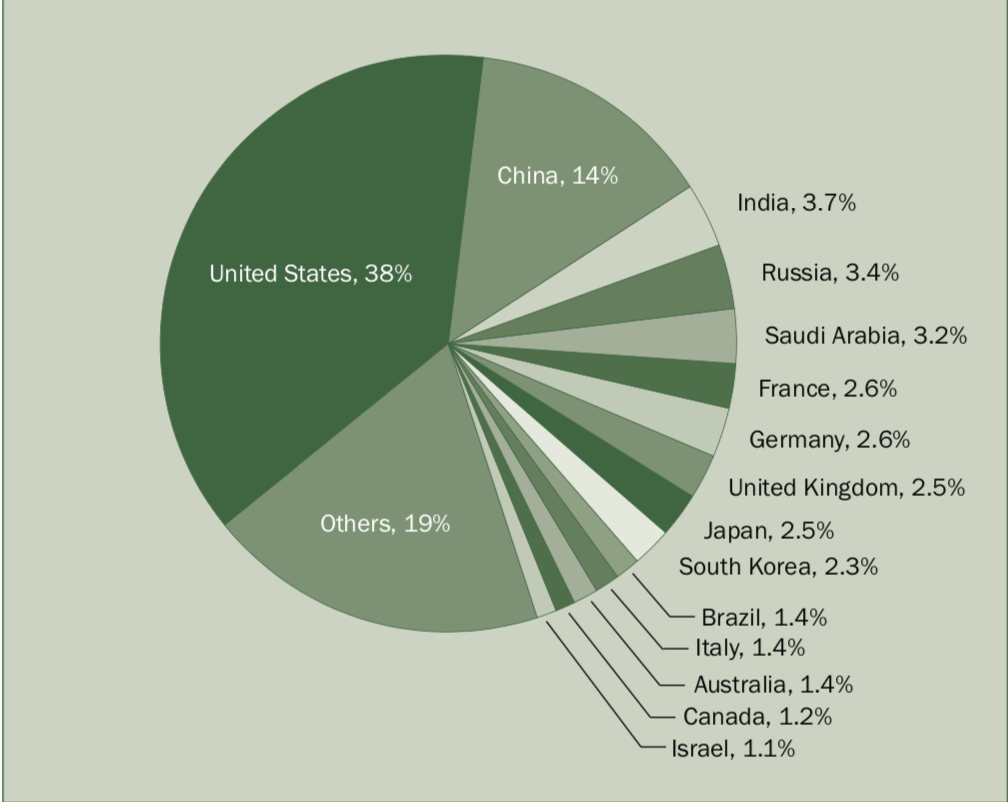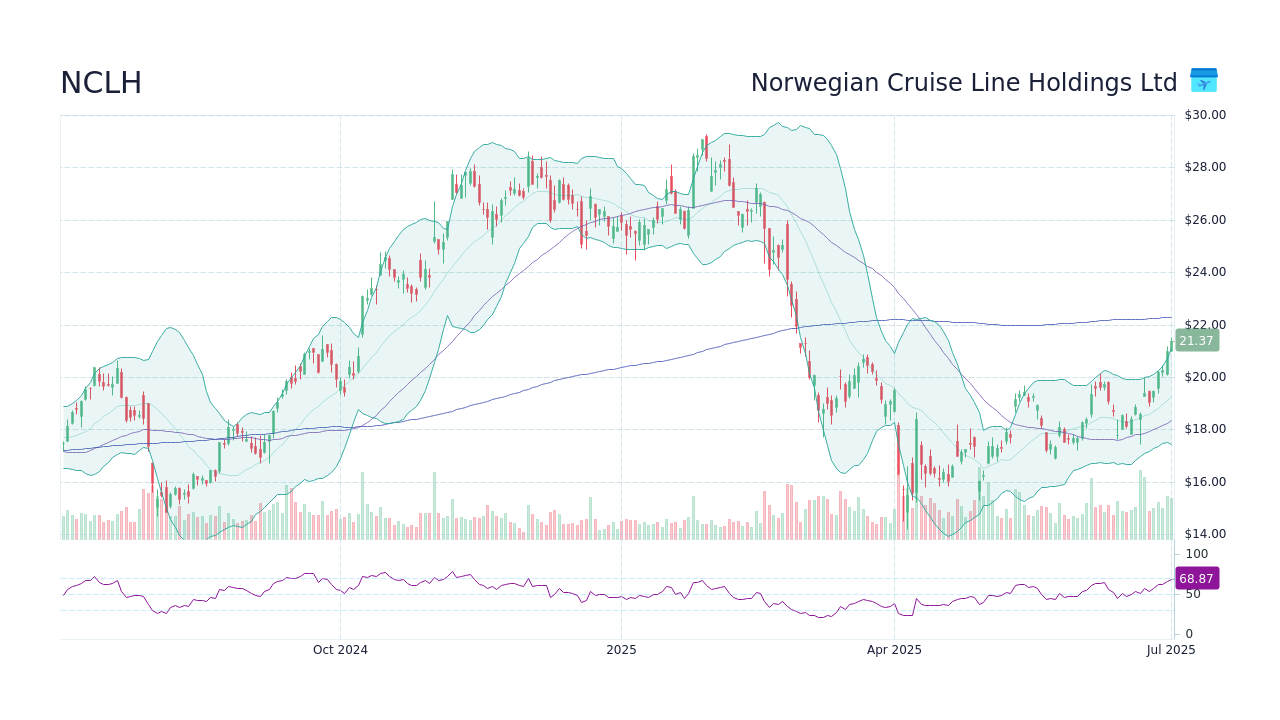The Global Rise In Military Expenditure: Focus On Europe And Russia

Table of Contents
The Escalation of Military Expenditure in Europe
Factors Driving Increased Spending
Rising geopolitical tensions, primarily stemming from the ongoing war in Ukraine, are the primary driver of increased military expenditure in Europe. This conflict has shattered the post-Cold War security order and forced a reassessment of defense capabilities across the continent. Several factors contribute to this surge:
- The Ukraine War: The brutal conflict has highlighted the vulnerability of European nations and the need for stronger defense capabilities. This has led to a significant shift in public and political opinion regarding defense spending.
- NATO's Response: NATO's response to the invasion, including increased military deployments and enhanced exercises, has spurred member states to increase their own defense budgets to meet their commitment targets. The 2% GDP guideline, while not universally met, has become a significant benchmark.
- Perceived Threats from Russia: The perception of Russia as a significant and increasingly aggressive military power has fueled concerns about national security, leading to calls for increased defense spending to deter further aggression. This includes bolstering defensive capabilities and enhancing deterrence strategies.
- Modernization of Armed Forces: Many European nations are undertaking significant programs to modernize their armed forces, acquiring advanced weaponry, upgrading existing equipment, and investing in cutting-edge military technologies. This includes investment in cyber warfare capabilities and improved intelligence gathering.
- Increased Defense Budgets as a Percentage of GDP: Several European nations have witnessed a considerable increase in their defense budgets as a percentage of their GDP, signaling a significant shift in national priorities. This trend reflects a growing recognition of the need for robust military capabilities to address evolving security challenges.
Case Studies: Key European Spenders
Analyzing the military expenditure of major European powers like the UK, France, and Germany reveals a clear upward trend. The UK, for example, has committed to increasing its defense spending to 2.5% of GDP, while France and Germany are also witnessing significant increases, albeit at different paces. These increases are justified by the need to modernize their arsenals, strengthen their cyber defenses, and enhance their contributions to NATO missions. The acquisition of advanced fighter jets, missile defense systems, and cyber warfare capabilities are prominent features of these increased defense budgets. Detailed statistical data and visualizations showcasing this increase are readily available from sources like the Stockholm International Peace Research Institute (SIPRI).
Russia's Military Buildup and its Regional Impact
Analyzing Russia's Military Spending
Russia's military expenditure has followed a fluctuating but generally upward trend over the past decade. While precise figures are often debated, it is clear that significant resources have been channeled into modernizing the armed forces. This includes the development and deployment of advanced weapons systems, such as hypersonic missiles and modernized nuclear capabilities. The strategic goals behind Russia's military modernization include projecting power within its near abroad, deterring potential adversaries, and asserting its influence on the global stage. The economic impact on Russia is considerable, diverting resources from social programs and infrastructure development.
The Impact on Neighboring Countries
Russia's military actions have significantly impacted the military spending of neighboring countries. Countries bordering Russia and those in the Baltic region have seen substantial increases in their defense budgets, primarily driven by concerns about Russian aggression and the need for enhanced defense capabilities. This has led to increased regional tensions and a potential for further escalation. The impact on regional stability is undeniable, leading to a strengthening of alliances like NATO and a heightened sense of insecurity. The increased military presence of NATO allies in the region further contributes to the geopolitical complexities.
Economic and Geopolitical Implications of Rising Military Expenditure
Economic Burden of Increased Spending
The substantial increase in military expenditure across Europe and beyond carries a significant economic burden. The opportunity cost of diverting resources away from social programs like healthcare, education, and infrastructure development is considerable. Increased military spending also impacts national debt and can potentially slow economic growth, especially if it occurs without corresponding increases in productivity. There's a real risk of a global arms race, which would further exacerbate the economic consequences for all participating nations.
Geopolitical Ramifications
Rising military expenditure has profound geopolitical ramifications, impacting international relations and alliances. The increased military build-up can lead to increased regional instability and a higher risk of conflict. It can also reshape global power dynamics, potentially exacerbating existing tensions and creating new ones. The shift in global power dynamics is clearly reflected in the changing military alliances and the strategic posturing of different nations.
Conclusion
The substantial increase in military expenditure, particularly in Europe in response to Russia's actions, presents complex economic and geopolitical challenges. Understanding the driving factors behind this surge, the spending patterns of key players, and the regional implications is crucial for informed policymaking and effective international diplomacy. The implications of this trend extend far beyond Europe, impacting global security and international relations.
Call to Action: Stay informed about the evolving landscape of global military expenditure. Follow reputable sources like SIPRI and IISS for updates on defense spending trends and their impact on global security. Understanding the implications of rising military expenditure and its various facets, from defense budgets to arms races, is crucial for navigating the complexities of international relations.

Featured Posts
-
 Channing Tatum Moves On New Romance With Inka Williams Following Zoe Kravitz Breakup
Apr 30, 2025
Channing Tatum Moves On New Romance With Inka Williams Following Zoe Kravitz Breakup
Apr 30, 2025 -
 Impact Of River Road Construction On Louisvilles Restaurant Industry
Apr 30, 2025
Impact Of River Road Construction On Louisvilles Restaurant Industry
Apr 30, 2025 -
 Nclh Stock Price Jumps Following Positive Earnings Report And Revised Guidance
Apr 30, 2025
Nclh Stock Price Jumps Following Positive Earnings Report And Revised Guidance
Apr 30, 2025 -
 Retailers Warn Temporary Reprieve From Tariff Price Hikes
Apr 30, 2025
Retailers Warn Temporary Reprieve From Tariff Price Hikes
Apr 30, 2025 -
 Cruise Line Complaints Permanent Bans What You Need To Know
Apr 30, 2025
Cruise Line Complaints Permanent Bans What You Need To Know
Apr 30, 2025
